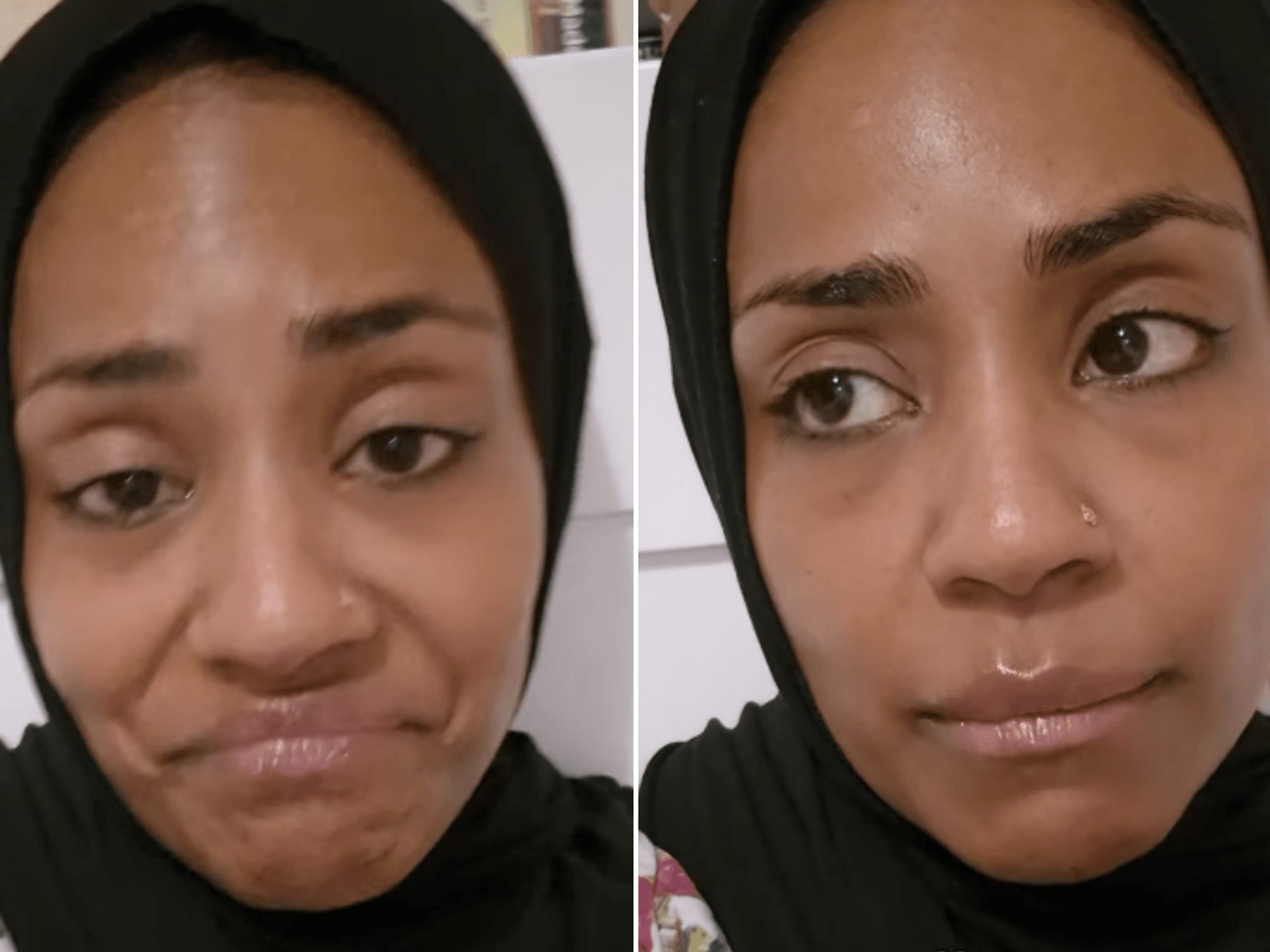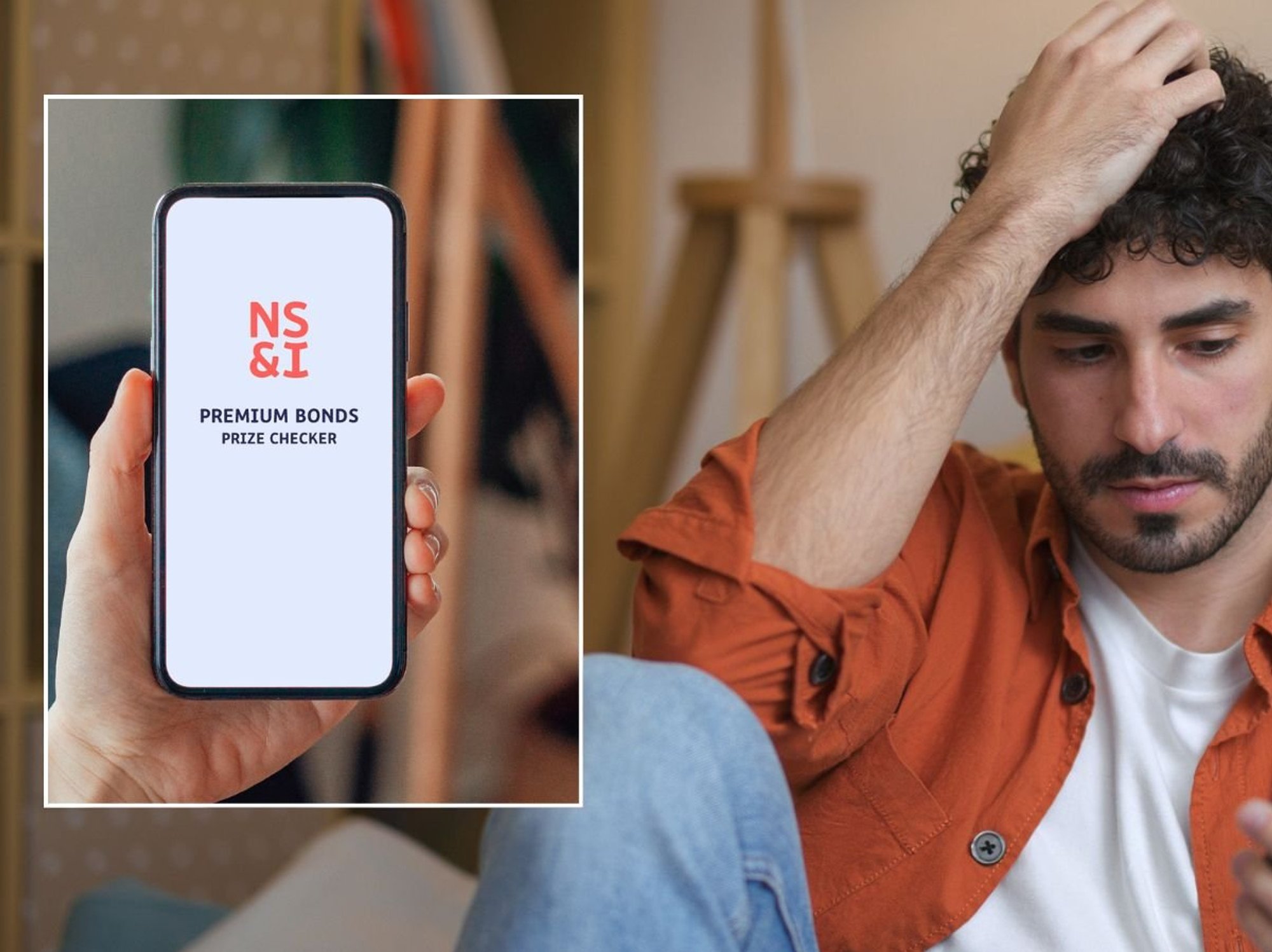'Milkshake tax' CONFIRMED as milk-based drinks to lose HMRC exemption, Wes Streeting announces
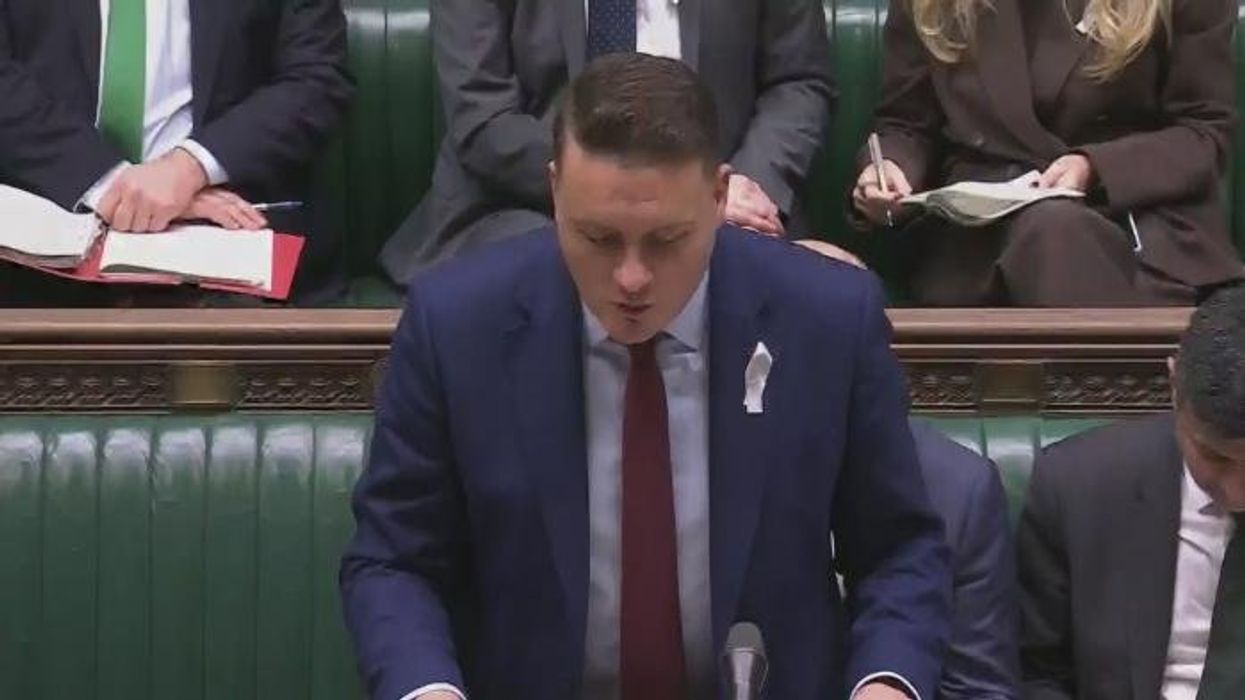
GB News

Packaged milk-based drinks loses exemption as levy threshold tightened
Don't Miss
Most Read
Health Secretary Wes Streeting has told MPs that pre-packaged milkshakes and lattes are set to lose their exemption from the sugar tax, marking the most significant expansion of the levy since its introduction six years ago.
The Government will extend the soft drinks industry levy to include milk-based beverages sold in supermarkets.
A document published this morning says that, once the changes are introduced from January 1 2028, the Government expect to bring in £40million to £45million a year in extra tax receipts.
The change applies to packaged drinks in cans and cartons, though beverages prepared in cafes and restaurants remain exempt.
Ministers have examined removing current milk-based exemptions while considering a "lactose allowance" to take account of naturally occurring sugars in milk.
Health Secretary Wes Streeting said: "Obesity robs children of the best possible start in life.
"It hits the poorest hardest - sets them up for a lifetime of problems."
He confirmed that bottles and cartons of milkshakes, flavoured milk, and milk substitute drinks will now fall under the levy, ending the exemption previously applied to milk‑based products.
At the same time, the sugar threshold for taxable drinks will be reduced from 5g to 4.5g per 100ml.
Ministers argue the move is designed to strengthen efforts to tackle obesity and encourage manufacturers to reformulate products with lower sugar content.
The announcement marks the most substantial revision to the levy since its introduction, widening its reach across the drinks sector and signalling a tougher stance on high‑sugar beverages.
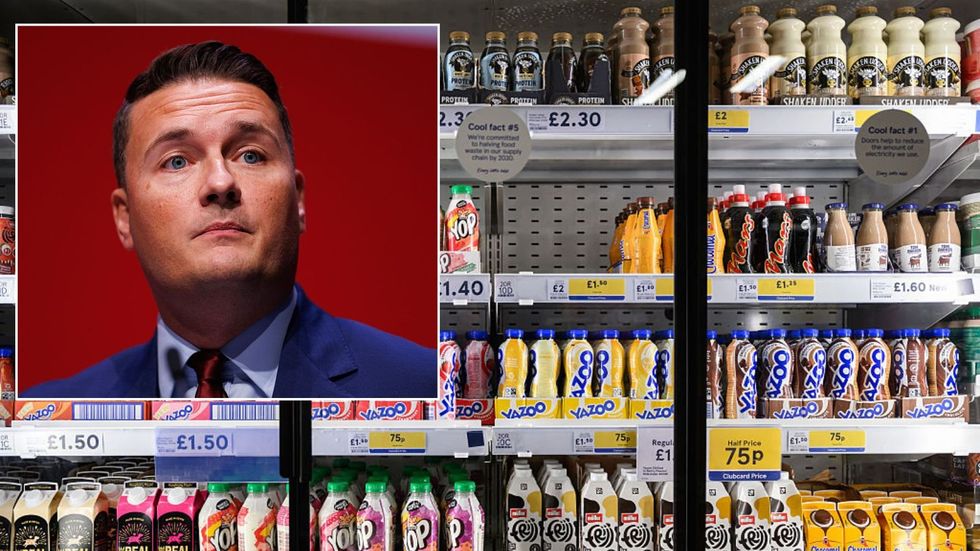
Health Secretary Wes Streeting has told MPs that pre-packaged milkshakes and lattes are set to lose their exemption from the sugar tax
|GETTY
Announcing the revisions, ministers said the move reflects a continued commitment to tackling the UK’s obesity epidemic and a desire to prioritise a "system of prevention".
Speculation had suggested the threshold might be cut to 4g of sugar per 100ml.
Instead, the Government opted for 4.5g, arguing this strikes the "appropriate balance" between advancing public health goals and ensuring the soft drinks industry can continue to grow and invest.
Reducing the threshold brings more well-known products within the scope of the tax.
The soft drinks industry levy has two tiers.
Drinks containing between five and eight grams of sugar per 100 millilitres are taxed at 19.4 pence per litre, while those containing 8 grams or more face a rate of 25.9 pence per litre.
Ministers have also considered removing exemptions for milk substitute drinks containing added sugars beyond those naturally present in ingredients such as oats or rice.
These plant-based alternatives would fall under the levy if they include sweeteners above their natural sugar levels.
The sugar tax was introduced in April 2018 under the Conservative Government to help tackle obesity, particularly among children.
The levy applies to manufacturers and importers of mass-produced soft drinks and currently exempts beverages containing at least 75 millilitres of milk per 100 millilitres.
A Government consultation reviewed whether these milk-based exemptions should continue, alongside proposals for a "lactose allowance" to account for natural milk sugars.
Treasury data shows children in the UK consume more than double the recommended maximum intake of sugar, with health guidelines advising that no more than five per cent of energy should come from free sugars.
Between 2015 and 2020, the levy contributed to a 46 per cent average reduction in sugar across drinks within its remit.
LATEST DEVELOPMENTS
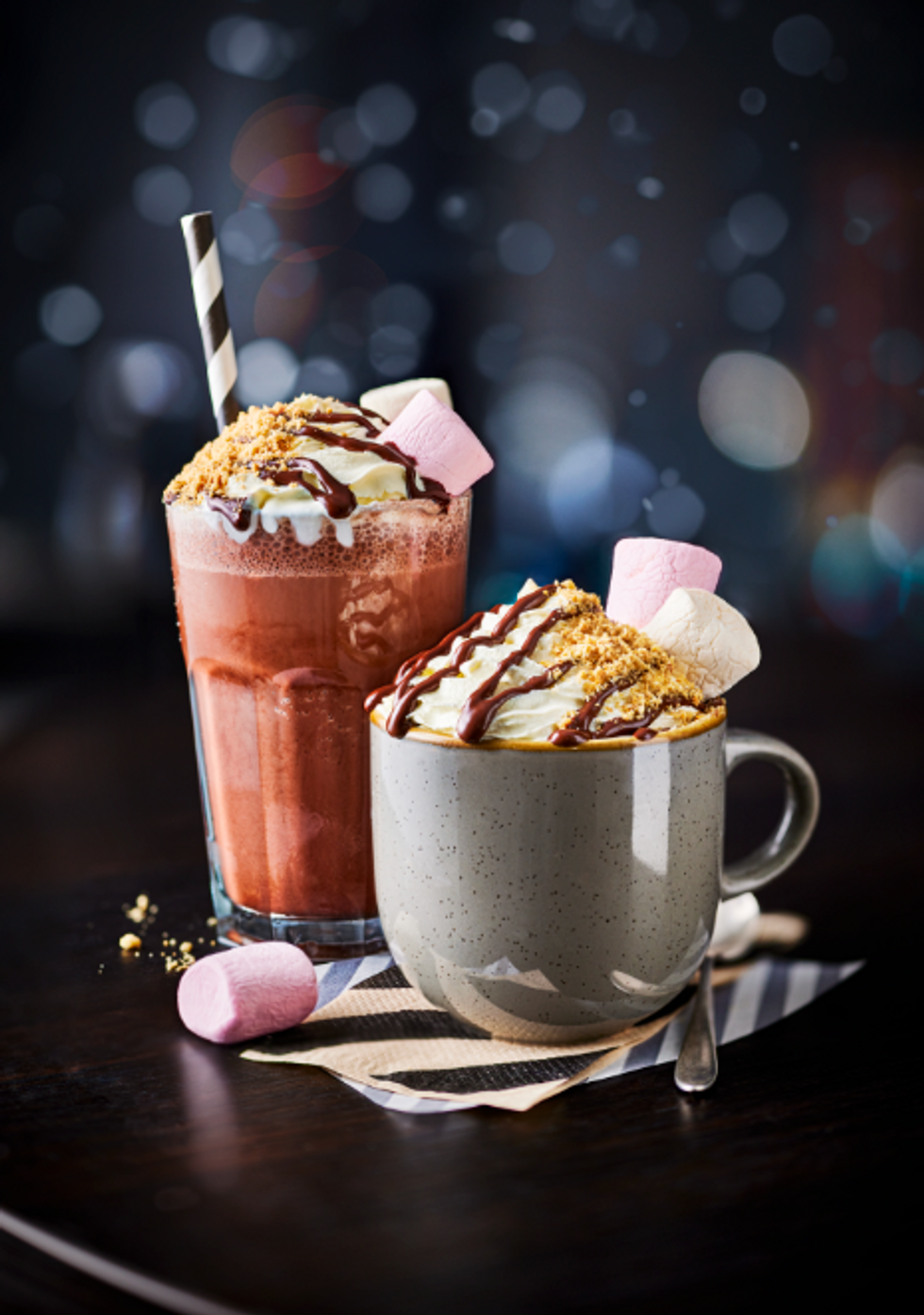
Beverages prepared in cafes and restaurants remain exempt
| M&SHealth minister Karin Smyth said this morning that "obesity is the major challenge of our health service for this generation".
Speaking on Times Radio, she said obesity remains one of the largest contributors to poor health and increased pressure on the NHS.
Asked whether reducing obesity was a higher priority than generating revenue, Ms Smyth said tax measures would be set out in the Budget but added: "The wider point is about tackling obesity, which we know is one of the biggest causes of ill health, and therefore demand on the health service."
She said: "Measures we've already announced as part of the manifesto, to reduce junk food advertising, particularly to protect young people from becoming obese, because if you become obese at a young age, it does limit your life chances."
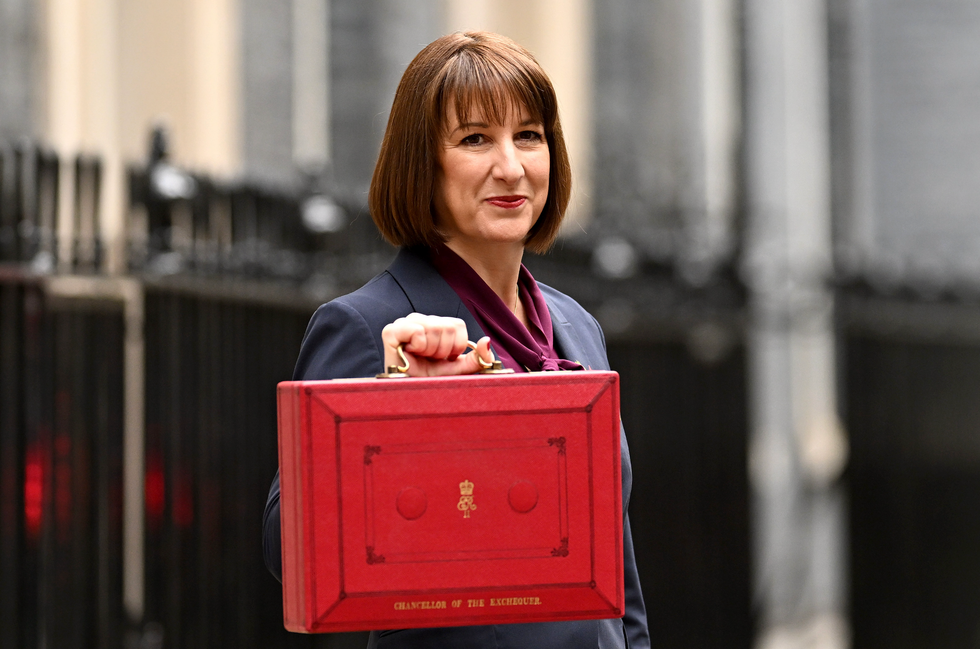
The announcement comes just a day before the budget
| POLL: Who should Rachel Reeves prioritise in the Budget? YOU DECIDEFigures from the Department of Health and Social Care show that reducing the threshold to four grams per 100 millilitres and incorporating milk-based beverages could lower daily calorie intake by 0.9 calories for children aged five to 10, 2.1 calories for those aged 11 to 18, and 1.2 calories for adults.
Officials estimate these changes could deliver health and economic benefits worth around £4.2billion over the next 25 years.
The announcement comes as Chancellor Rachel Reeves prepares tomorrow's Budget and seeks new revenue streams without breaking manifesto commitments on income tax.
Government sources have said income tax rates will remain unchanged, requiring alternative measures to meet fiscal targets.
The timing reflects wider budgetary pressures, as Ms Reeves must satisfy rules requiring a surplus on day-to-day spending and falling Government debt as a share of the economy by 2029–30.





